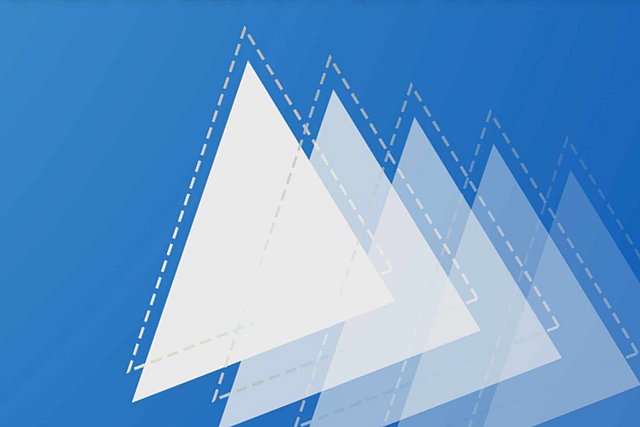You are here:

Post-Cold War Transformations: Navigating Conflict and Cooperation in Eastern and Southeast Europe
6th Annual Graduate Workshop of the Graduate School for East and Southeast European Studies at the University of Regensburg in cooperation with the Leibniz ScienceCampus "Europe and America in the Modern World" and the KonKoop research network.
- Beginning:
- Thursday, 03 July 2025 10:30
- End:
- Friday, 04 July 2025 14:15
This year’s theme "Post-Cold War Transformations: Navigating Conflict and Cooperation in Eastern and Southeast Europe" examines how the end of the Cold War reshaped political, economic, and cultural landscapes across the region. The workshop will explore the evolving dynamics of nation-building, cross-border cooperation, and contestation, as well as the enduring impact of regional and global institutions. Presentations and discussions will engage with topics such as ethnic and religious dimensions of identity, environmental and economic (de)integration, and new approaches to understanding (in)security in post-socialist contexts. By integrating macro perspectives with individual experiences, the workshop aims to shed light on both structural shifts and personal narratives. Tailored for PhD candidates and early career researchers in disciplines such as history, political science, anthropology, and area studies, the event offers a platform for sharing research, discussing methodological challenges, and fostering collaborative dialogue. We invite you to join a critical conversation on how Eastern and Southeast Europe continues to navigate transformation.
Please find the full programme here.
Interested people are welcome, registration is requested: gsoses.conference@ur.de
Venue:
Graduate School for East and Southeast European Studies, Landshuter Straße 4, 93047 Regensburg, Room 319 (3rd floor)
The workshop is organised by the Graduate School for East and Southeast European StudiesUR in cooperation with the Leibniz ScienceCampus "Europe and America in the Modern World" and the KonKoop research network.
back